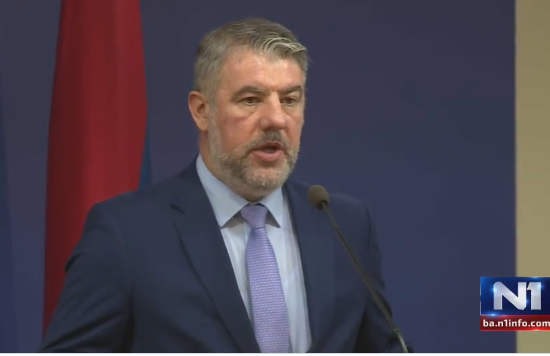Authorities in Bosnia and Herzegovina have not implemented nine Constitutional Court rulings – most of which are related to the complex political setup of the country which was created by the 1995 Dayton Peace Agreement.
The most urgent one seems to be one concerning the Criminal Law.
The Court declared some of its articles addressing the process of granting immunity from legal prosecution, physical search and special investigative actions unconstitutional. Lawmakers were supposed to adopt adequate changes but have been dragging their feet on the issue, jeopardizing this way hundreds of investigations into terrorism and organized crime police and the state Intelligence Agency have conducted.
The deadline to change these articles has expired end of last year. At its next session in May, the Constitutional Court could declare these parts of the legal code invalid.
“We will have to do that … we have no choice,” said Zlatko M. Knezevic, the Vice President of the Constitutional Court.
One of the Court’s rulings was not implemented by the government of Republika Srpska, two by the Bosniak-Croat federation and six by the state-level authorities.
The oldest one dates from 2010 and concerns the status of the city of Mostar. But the ruling’s implementation requires changes in how elections are conducted and that opens an entirely new problem – the country’s Election Law, disputed in another not-yet implemented Court ruling.
The Election Law remains a burning issue in the overall Bosniak-Croat relations. Bosniaks refuse to accept the Mostar ruling, claiming its implementation would effectively give only Croats power in the city.
The number of people seeking justice from the Constitutional Court is increasing. The Court said that since the beginning of the year it keeps receiving some 20 lawsuits a day, even on weekends..




